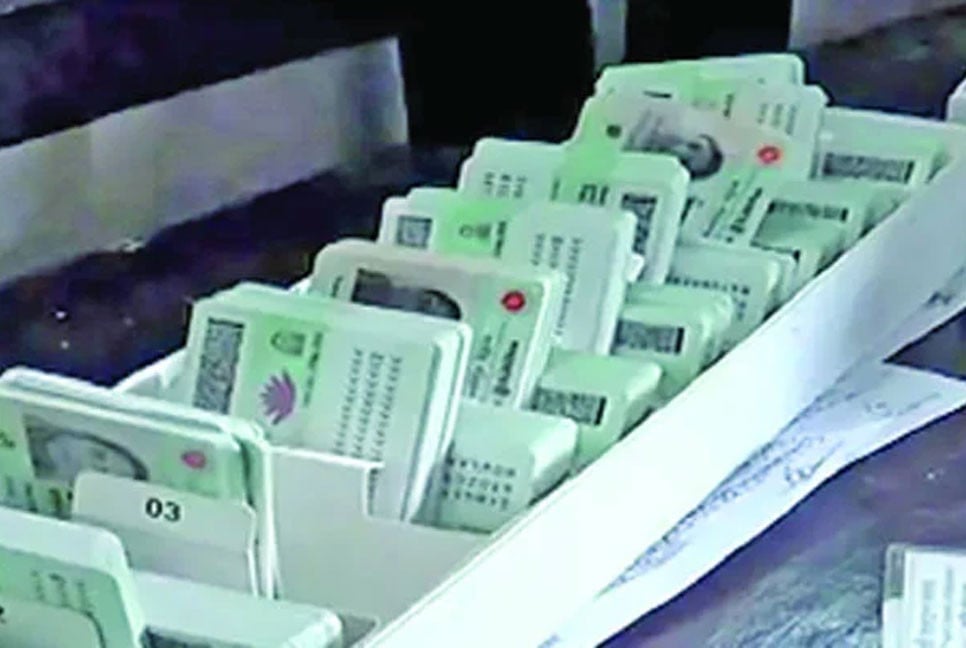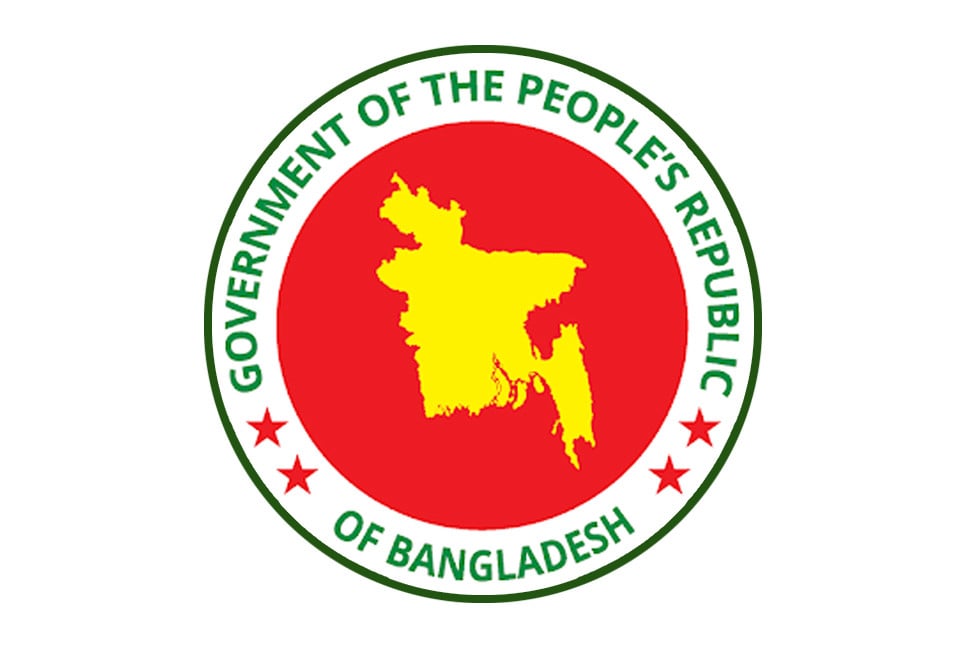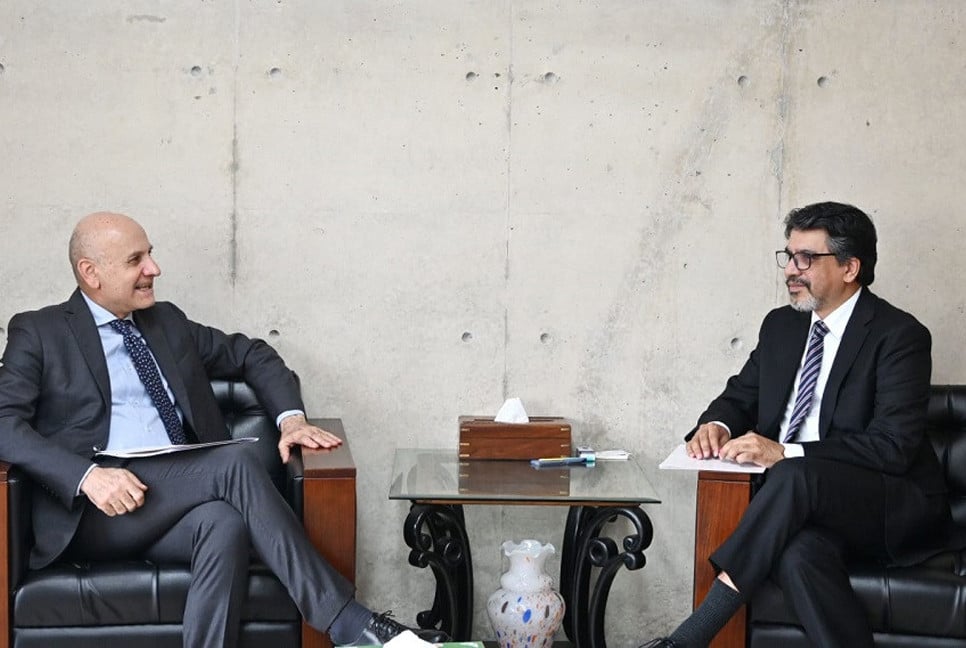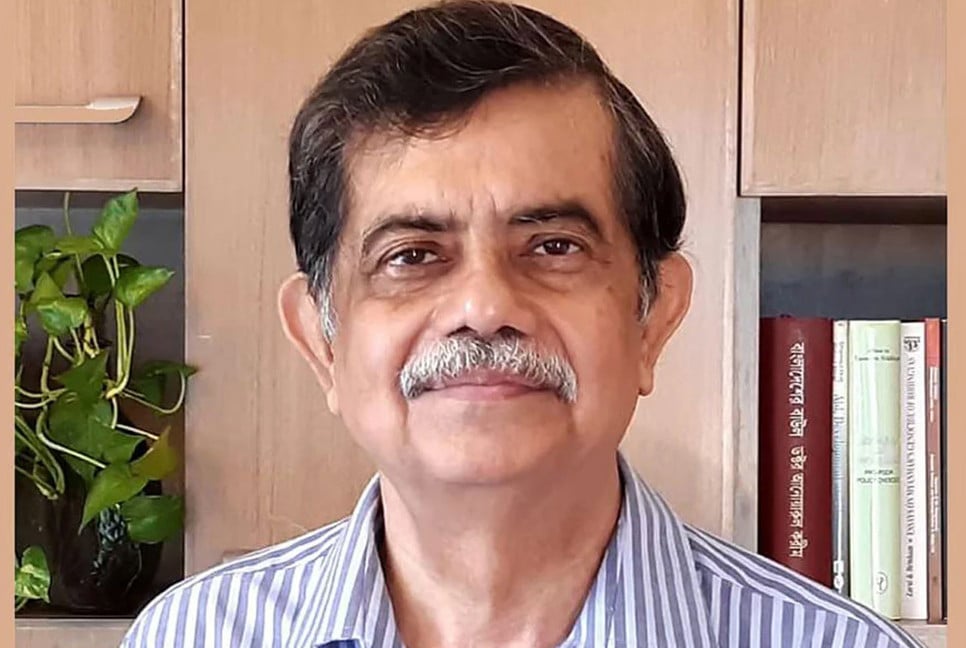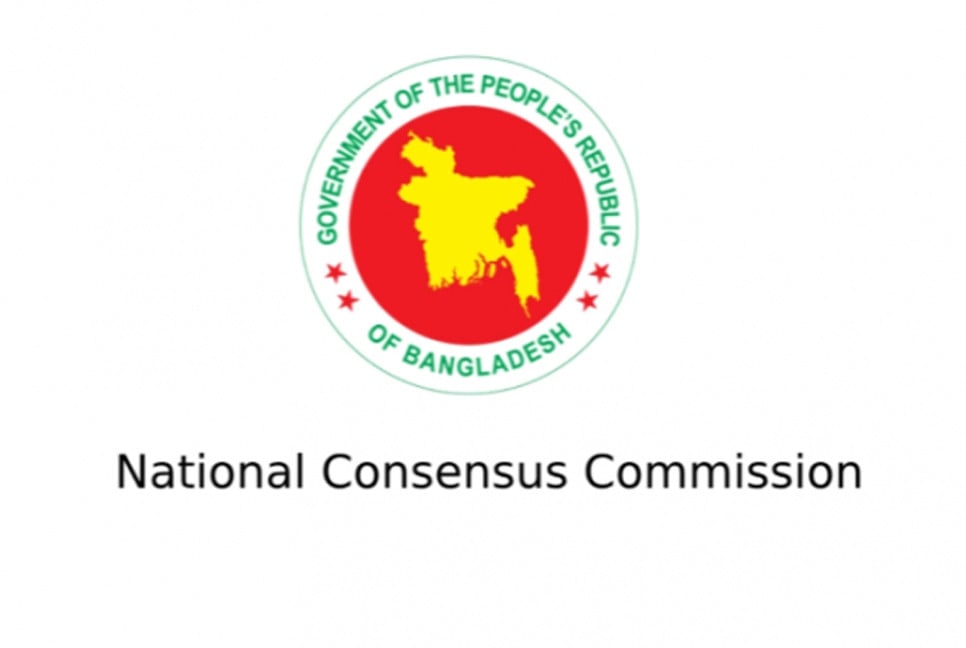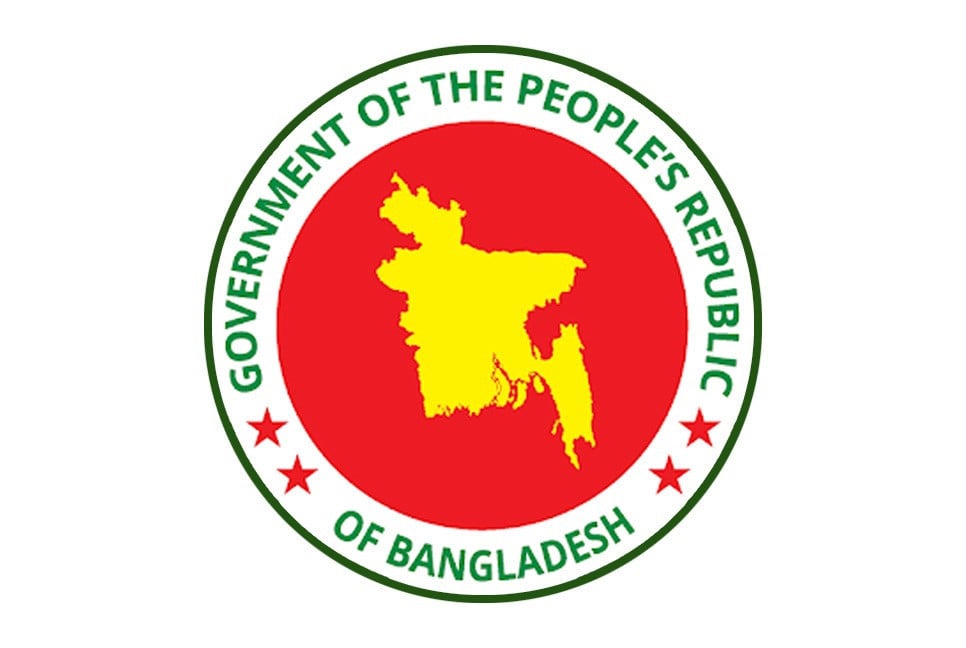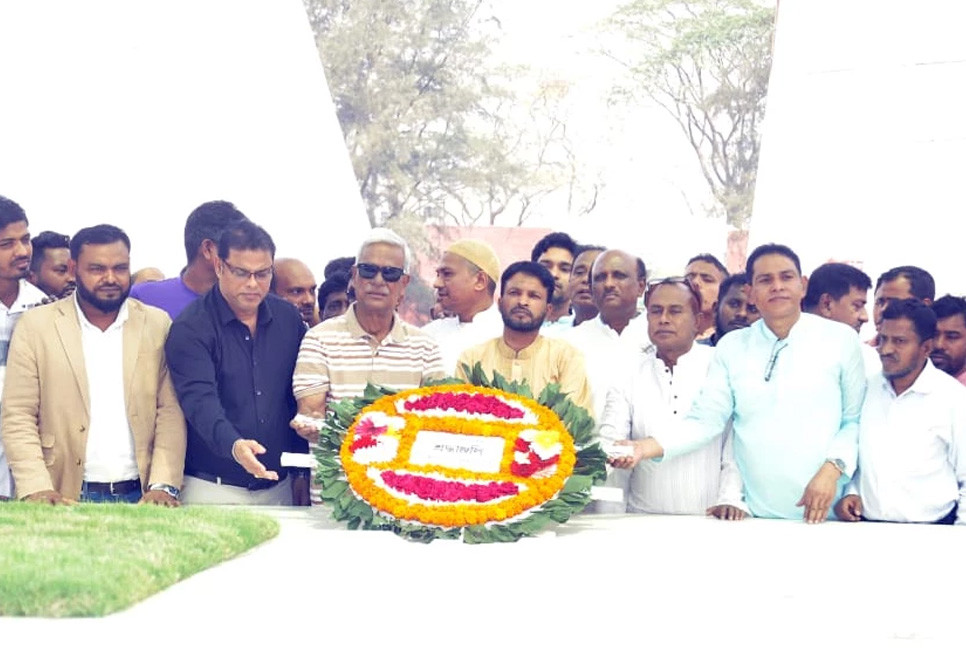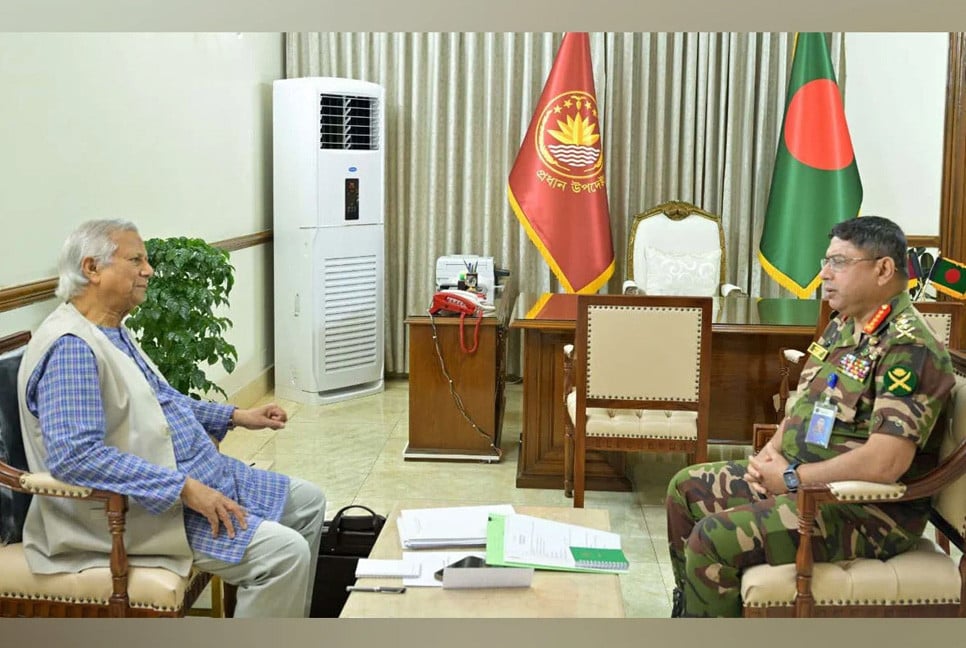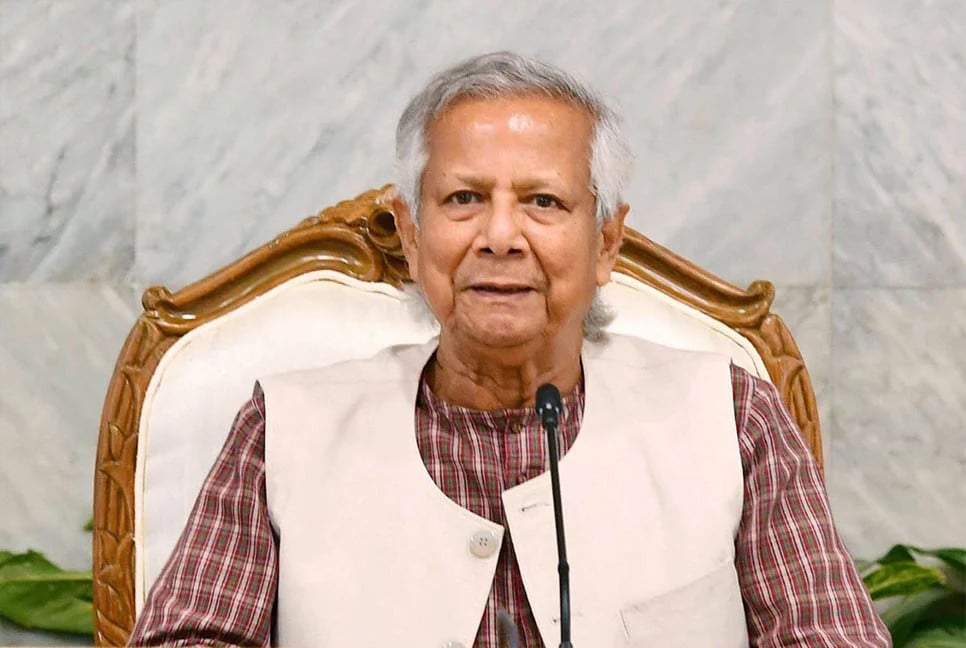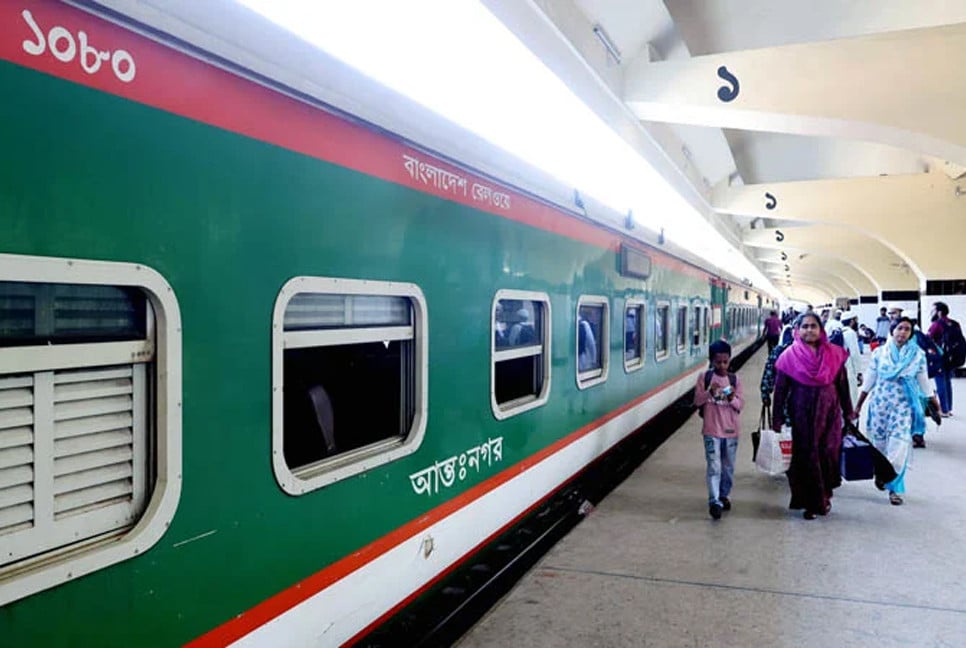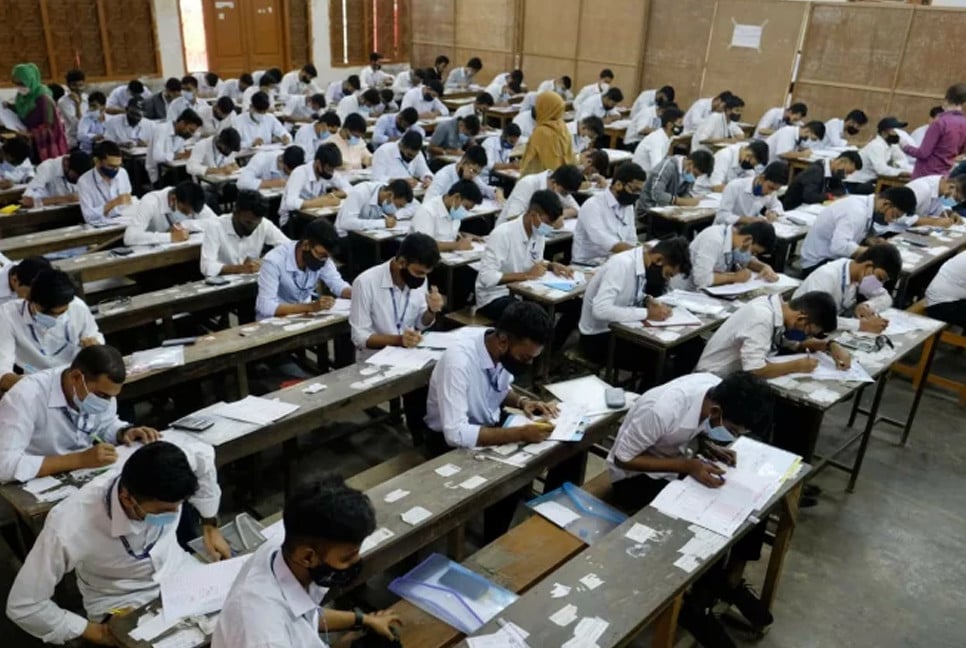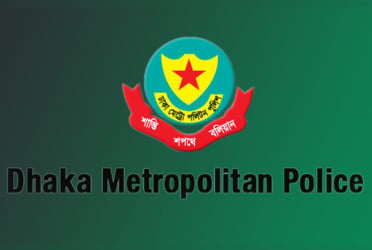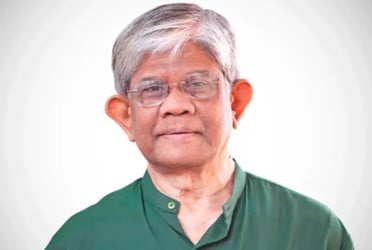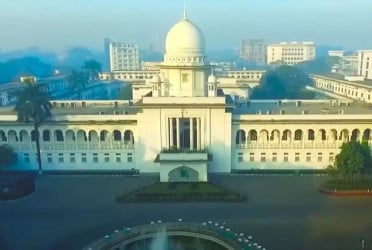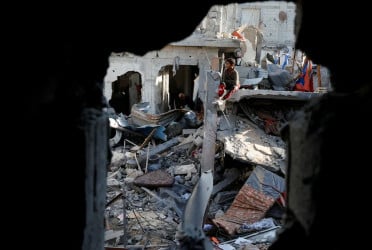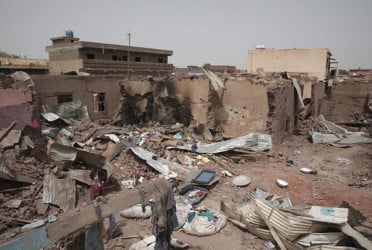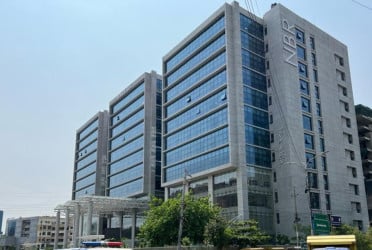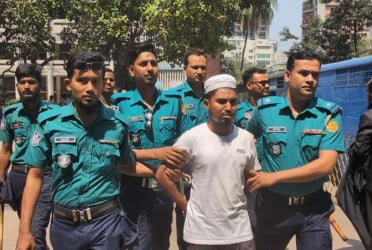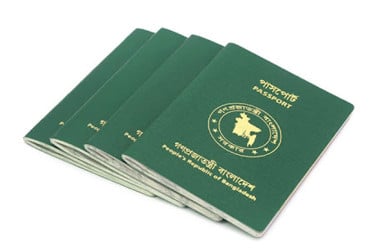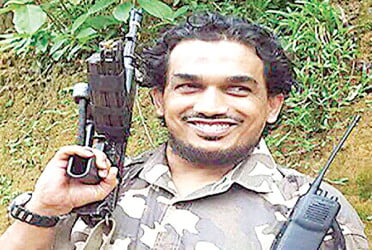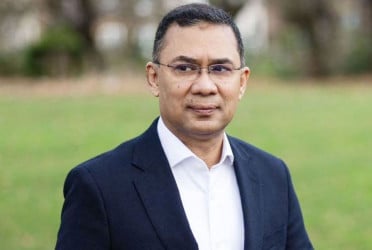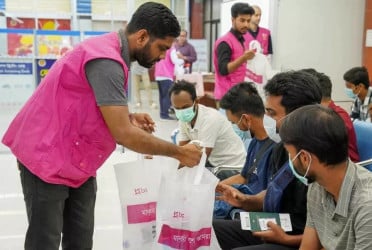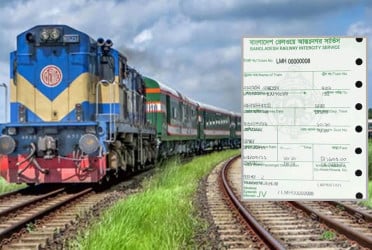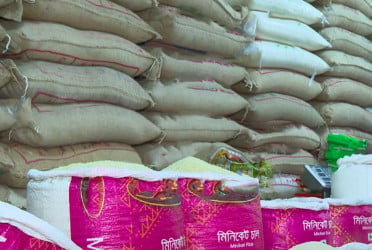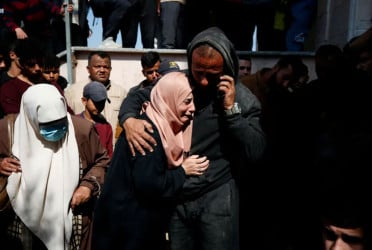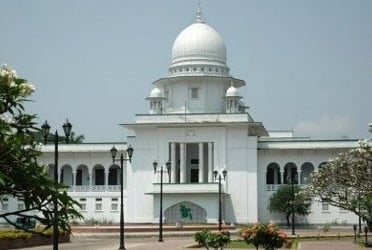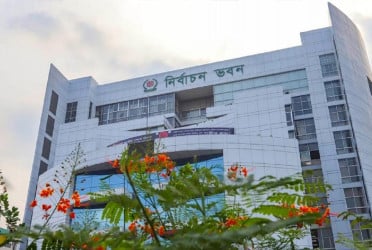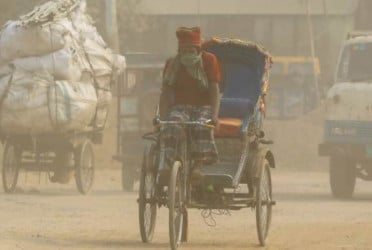Millions of people across the country are tussling with inconsistent address records, leading to bureaucratic hurdles and aiding criminal activities, including the creation of fraudulent National Identity Cards (NIDs).
It’s not uncommon for siblings living in the same house to have different addresses on official records, while government databases list multiple spellings for the same location. This inconsistency complicates tasks such as birth registration, NID issuance, passports, land registration, and higher education applications. Worse, criminals exploit these loopholes to generate multiple NIDs, enabling fraud.
Rashida Begum, who recently applied for an e-passport in Agargaon, was flagged for possessing two NIDs—one with the number 8207930457 and another with 7302567149. The passport office has since referred the case to the Election Commission for investigation.
Election Commission data reveals that approximately 500,000 cases of dual NIDs have been detected nationwide, including 29 in Gaibandha’s Sadullapur alone. Many fraudulent entries slip through the system due to unclear fingerprints or slight address modifications. Criminals bribe local election offices to create fake NIDs, often using children’s fingerprints or toe prints. These fake identities facilitate crimes such as voter fraud and financial scams, including the misuse of mobile money services like Bkash and Nagad.
Law enforcement agencies also struggle to track down suspects due to misleading NID addresses. When authorities arrive at an address, they often find that the listed location doesn’t exist or differs from official records.
The core issue stems from the absence of a standardized database for administrative regions, including divisions, districts, upazilas, unions, municipalities, and post offices. This inconsistency leads to confusion across various government departments, increasing inefficiency and fraud risks.
Experts argue that integrating all addresses into a central digital database would streamline administrative processes, improve service delivery, and enhance statistical accuracy. A unified system would reduce costs, prevent errors, and minimize bureaucratic red tape.
The issue is further compounded by inconsistencies in English transliterations of place names. For instance, Muchapur, a union in Noakhali’s Companigonj Upazila, appears in records as "Musapur" and "Mukkapur." Similarly, Mongla Port Municipality’s Shilabunia village has been recorded as "Shelabunia," "Shehlabunia," "Shehalabunia," and even "Selabuniya." The lack of standardization means even official documents contain conflicting spellings.
An Agargaon passport office official acknowledged that their system relies on post office records, which themselves contain errors. “If there’s a dual NID, the passport application gets blocked automatically,” the official added.
Municipalities, union councils, law enforcement agencies, and passport offices all report that the current address system is chaotic. A centralized database would simplify tasks such as verifying financial eligibility for social benefits, tracking criminal records, and issuing essential documents.
With a single national database, police verifications for passports, NIDs, and land records would be unnecessary. Identity verification for renting houses, booking hotels, or even marriage registrations would become seamless. A bride or groom could no longer hide past marriages or create multiple identities.
Experts stress that resolving these address inconsistencies is essential not only for reducing fraud but also for ensuring smoother governance. Without intervention, millions will continue to face unnecessary bureaucratic hurdles while criminals exploit these loopholes for personal gain.
Bd-pratidin English/ Jisan

